“Why is the world always fucking ending?” the protagonist of ʔbédayine asks. Spoken with the urgency of youth, the question isn’t rhetorical, but rather gestures toward an ongoing apocalypse. A genre-bending novella in stories and poems, Kaitlyn Purcell’s debut makes visible the harrowing realities of which most Canadians are aware, but about which we rarely read in the first person.
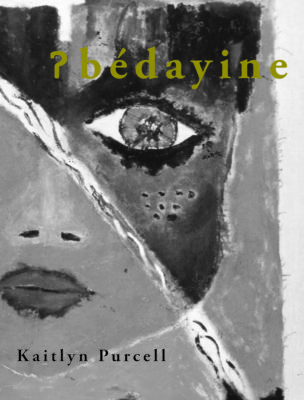
?bédayine
Kaitlyn Purcell
Metatron Press
$16
paper
82pp
9781988355184
downtown’s latest perversion:
a chemical amalgam of psychedelics form the tipsy
brush strokes of starry night across empty cement
blue pills for blue tongues the unduly fluorescence
musk rainbow stank a tooth hard pimp
Her drug use, which begins as a search for love and meaning through sensory experience, quickly slips into the detachment of addiction. If some of the drug-fuelled visions feel like familiar literary territory, there are moments, too, of stark clarity, especially when Ronnie encounters other Indigenous people in the city and searches for a sign of recognition. “We were supposed to be sisters,” she remarks to herself after being beaten up by a pair of girls. “i remember feeling weird / about the ‘indian’ that i was.”
Her bond with Thana, the friend with whom she left home, is a refuge and the book’s redemptive refrain. It suggests that in the face of desperation and despair, the love between two women may be the bridge that can stretch over the edge of end times, toward freedom.
***
“To be unworthy and yet to rise again, / that is the survivor’s dilemma: / To be in the world and taking more / than giving.” Sina Queyras’s latest chapbook, Swelles, juxtaposes the paralysis of grief with the obligation to live well because we have outlived others. Its laments and supplications read like a prayer, addressed not to God, but to that other higher power, Siri. A shower of inquiries ends with:
Are these things equally important? Is there
A hierarchy of meaning? Is anything a priority
or is everything a priority? I just want to knowwhere to focus, or, I want to believe I still can.
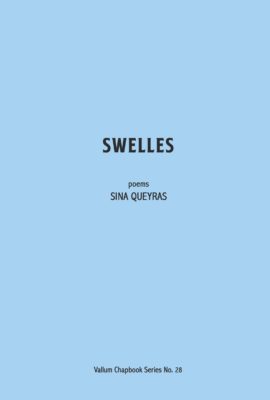
Swelles
Sina Queyras
Vallum Chapbook Series
$12
paper
28pp
9780995324879
Queyras is a bit of a giant on the Canadian poetry scene, and in Montreal more specifically. A member of Concordia’s English faculty, founder of the nine-lived literary blog Lemon Hound, and an active editor and critic, their influence stretches well beyond their own eight books, which is part of why this dark and intimate little volume is a pleasure: it feels like a distilled, concentrated taste of their powers.
***
There is a deliciously butch swagger to K.B. Thors’s debut poetry collection, Vulgar Mechanics. Perhaps it’s the distinctly Western landscape of many of these poems that lends them their wide-open bravado, or maybe it’s how their omnivorous diction mixes the vulgar with the sophisticated, the mechanical with the fecund. A triptych of poems entitled “Clutches, Struts and Brakes” is a salient example: are these nouns or verbs, car parts or dance moves?
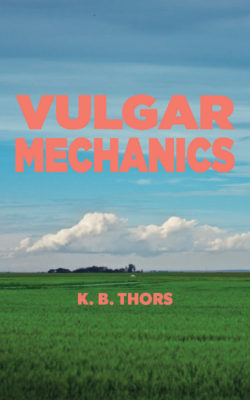
Vulgar Mechanics
K.B. Thors
Coach House Books
$19.95
paper
112pp
9781552453988
Thors’s background as a translator is often palpable. She pushes language around playfully, finding the place where play bends toward aggression, as it does in the sort-of ars poetica “Alter Ego”:
À la seam ripper cum scythe – string
theory plucked out stitch by step.
Pants become a smock real
fast when serge pulls loose from angle
up, a sine wave sea serpent above and
below the surface.
Some lyrics veer so deeply into this play, they get lost in their own interiority, but where they stay connected, their bald ferocity is exciting. mRb



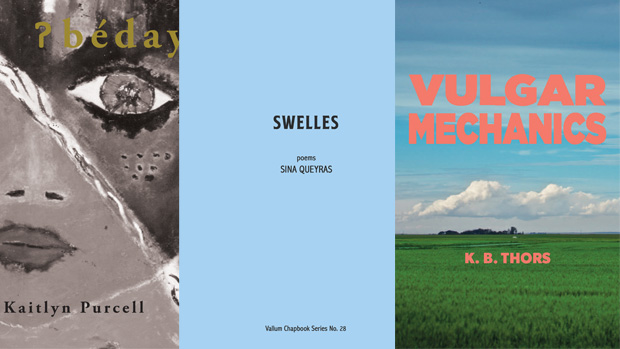
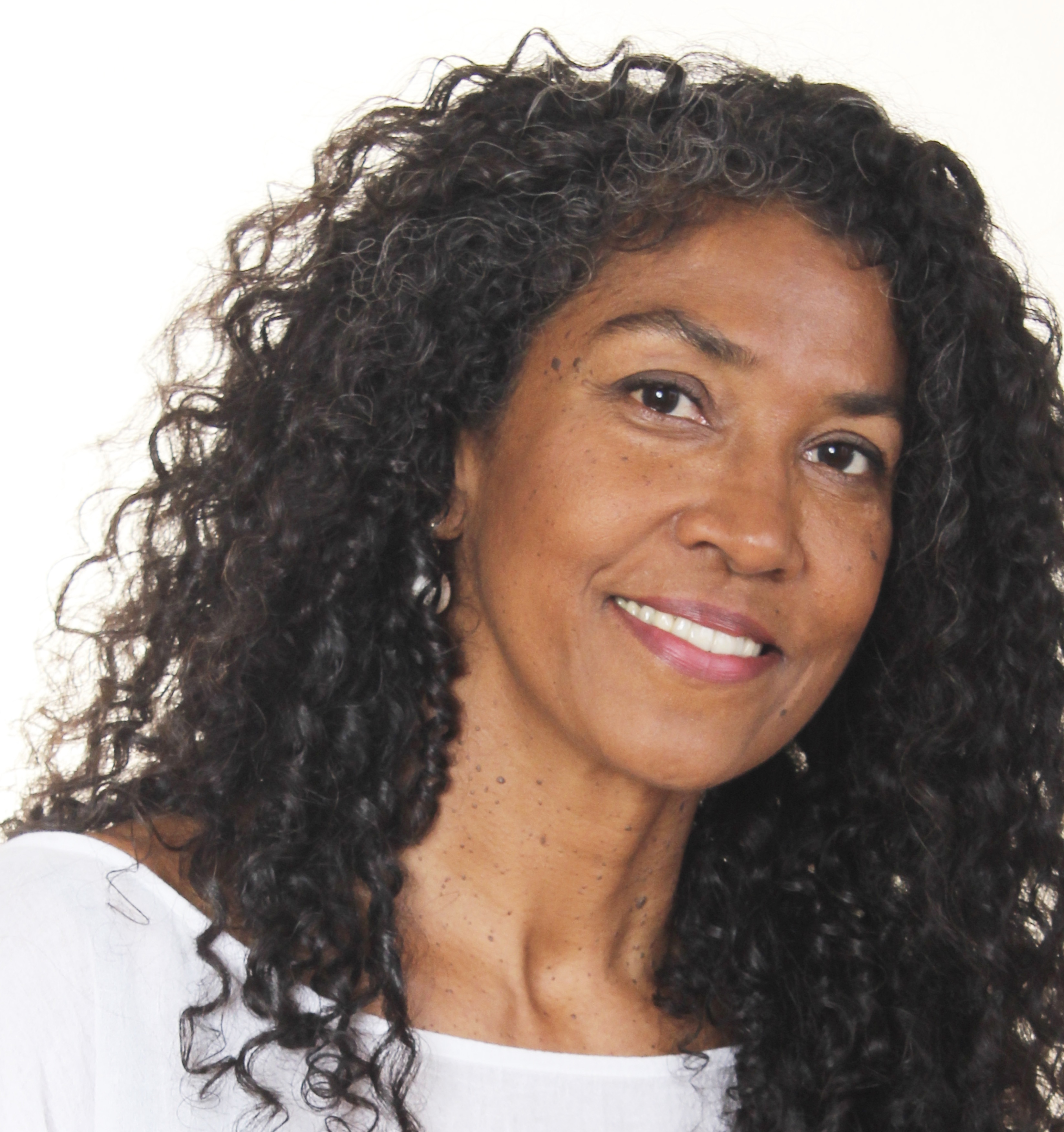


0 Comments